
Mana Pools National Park: A Wild Paradise by the Zambezi River
Mana Pools National Park, located in the northern region of Zimbabwe, is a UNESCO World Heritage site renowned for its stunning landscapes and rich biodiversity. The park stretches over 2,196 square kilometers and is bordered by the mighty Zambezi River, offering breathtaking views and a unique experience for nature lovers. The park is famous for its large populations of elephants, lions, and hippos, but it is also home to an abundance of other wildlife including buffalos, zebras, and a variety of bird species. One of the highlights of visiting Mana Pools is the opportunity to engage in walking safaris, allowing tourists to get up close and personal with the animals in their natural habitat. Canoeing on the Zambezi River is another popular activity, providing a serene and immersive way to experience the park's beauty. Mana Pools is also a haven for photographers, with its magnificent baobab trees and dramatic sunsets creating perfect photo opportunities. The park's remote location means it is less crowded than other tourist destinations, offering a peaceful retreat into nature. Whether you're an avid wildlife enthusiast or simply looking to escape the hustle and bustle of city life, Mana Pools National Park promises an unforgettable adventure.
Local tips in Mana Pools National Park
- Visit during the dry season (May to October) for the best wildlife viewing opportunities.
- Bring sturdy walking shoes for the walking safaris and plenty of water.
- Book your accommodation and guided tours well in advance, as the park’s remote location means limited availability.
- Carry insect repellent and wear long sleeves to protect against mosquitoes.
- Respect the wildlife by keeping a safe distance and following the guidance of your tour guide.
Mana Pools National Park: A Wild Paradise by the Zambezi River
Mana Pools National Park, located in the northern region of Zimbabwe, is a UNESCO World Heritage site renowned for its stunning landscapes and rich biodiversity. The park stretches over 2,196 square kilometers and is bordered by the mighty Zambezi River, offering breathtaking views and a unique experience for nature lovers. The park is famous for its large populations of elephants, lions, and hippos, but it is also home to an abundance of other wildlife including buffalos, zebras, and a variety of bird species. One of the highlights of visiting Mana Pools is the opportunity to engage in walking safaris, allowing tourists to get up close and personal with the animals in their natural habitat. Canoeing on the Zambezi River is another popular activity, providing a serene and immersive way to experience the park's beauty. Mana Pools is also a haven for photographers, with its magnificent baobab trees and dramatic sunsets creating perfect photo opportunities. The park's remote location means it is less crowded than other tourist destinations, offering a peaceful retreat into nature. Whether you're an avid wildlife enthusiast or simply looking to escape the hustle and bustle of city life, Mana Pools National Park promises an unforgettable adventure.
When is the best time to go to Mana Pools National Park?
Iconic landmarks you can’t miss
Chimutsi Gate, Mana Pools National Park
Experience the breathtaking wildlife and stunning landscapes at Chimutsi Gate, the gateway to Mana Pools National Park in Zimbabwe.
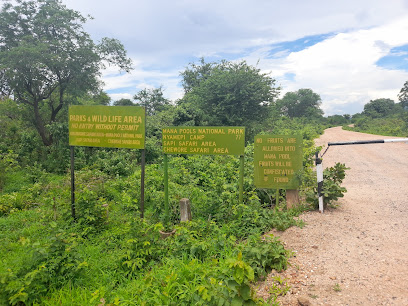
Camp Mana
Discover the breathtaking wildlife and stunning landscapes of Camp Mana, a premier safari park in Mana Pools National Park, Zimbabwe.
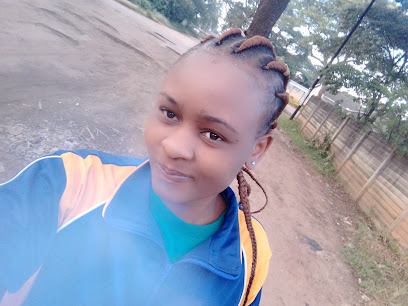
Mana Pools
Discover the breathtaking landscapes and rich wildlife of Mana Pools National Park, a UNESCO World Heritage Site perfect for adventure seekers and nature lovers.

Unmissable attractions to see
Hwange National Park
Explore Hwange National Park, Zimbabwe's largest national park, and witness remarkable wildlife and breathtaking landscapes in a true African safari experience.
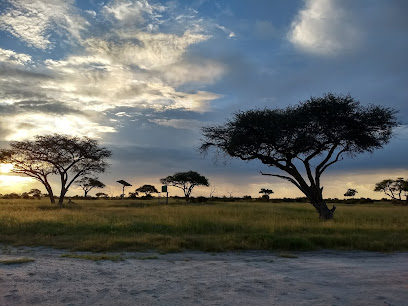
Kariba Dam
Explore Kariba Dam, a stunning blend of nature and engineering, offering breathtaking views and abundant wildlife along the Zambezi River.
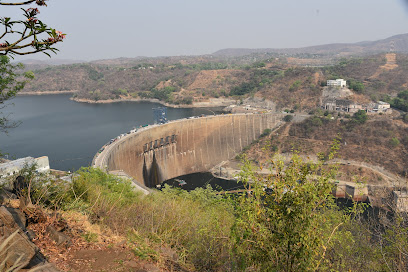
Kariba Heights Observation Point
Discover stunning vistas of Lake Kariba at Kariba Heights Observation Point, a perfect spot for photography and relaxation amidst nature's beauty.
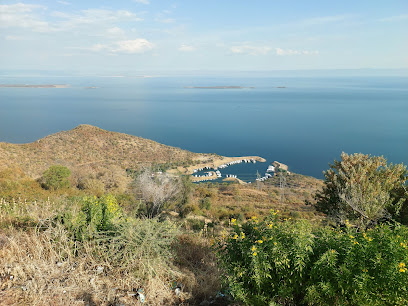
Matusadona National Park
Discover the enchanting landscapes and abundant wildlife of Matusadona National Park along Lake Kariba, a true gem for nature lovers and adventure seekers.
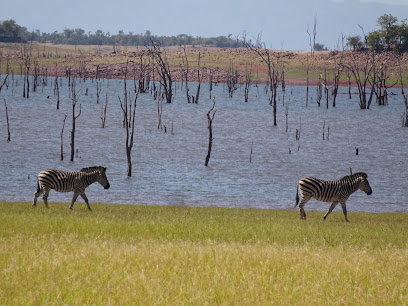
Chirundu Safari Lodge
Discover the enchanting wildlife of Chirundu Safari Lodge in the stunning Zambezi Valley, where adventure meets natural beauty in perfect harmony.
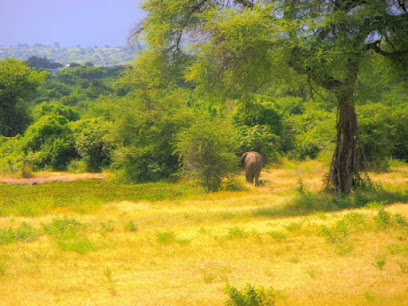
Kariba, Zimbabwe
Explore the breathtaking beauty of Kariba, Zimbabwe - a paradise for wildlife enthusiasts and adventure seekers alike.
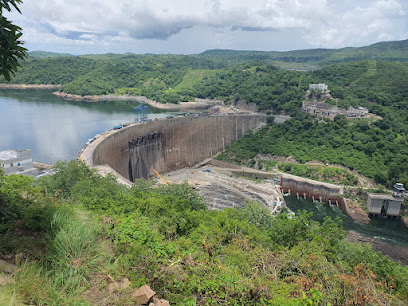
Kavinga Safaris
Discover the beauty of Zimbabwe's wildlife at Kavinga Safaris, where adventure meets luxury in a stunning natural setting.
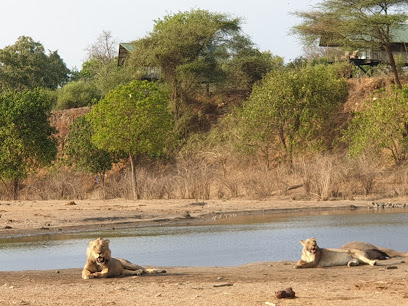
Chizarira National Park
Discover Chizarira National Park: A hidden gem in Zimbabwe, rich in wildlife, breathtaking landscapes, and unparalleled adventure opportunities.
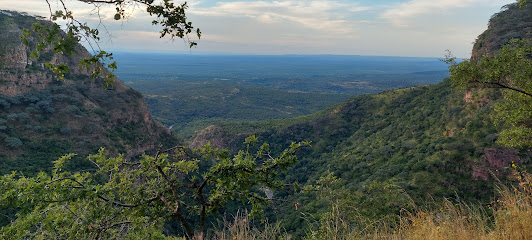
Chimutsi Gate, Mana Pools National Park
Explore the natural wonders of Chimutsi Gate in Mana Pools National Park, Zimbabwe's breathtaking wildlife sanctuary and UNESCO World Heritage Site.
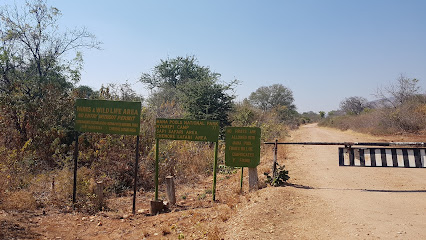
Nyaminyami Observation Point
Discover the breathtaking views and serene beauty of Nyaminyami Observation Point, a hidden gem on Lake Kariba, Zimbabwe.
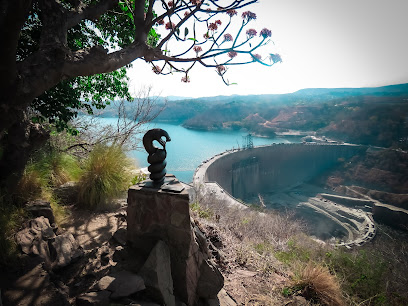
view point
Experience stunning vistas and serene beauty at the Kariba Viewpoint, the ultimate destination for nature lovers and adventure seekers in Zimbabwe.
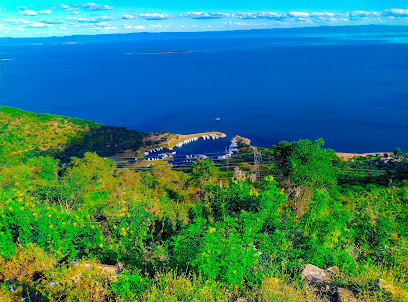
kariba, Nyamhunga 2 Park
Experience the tranquil beauty of Nyamhunga 2 Park, a serene city park in Kariba, perfect for relaxation and scenic views of Lake Kariba.
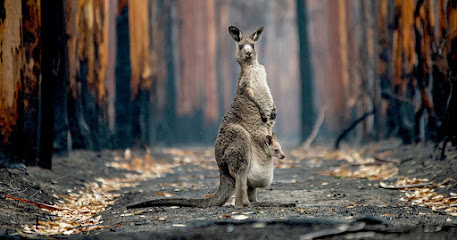
Chula Island Camp
Experience the magic of Chula Island Camp in Lower Zambezi National Park, a luxurious safari retreat surrounded by breathtaking landscapes and vibrant wildlife.
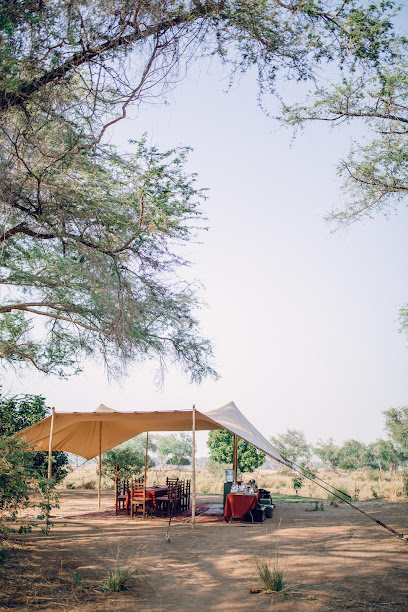
Tembo Plains Camp
Experience the wild heart of Zimbabwe at Tembo Plains Camp, where luxury meets adventure in the stunning Sapi Private Reserve.

River horse safaris
Explore the breathtaking Zambezi River with River Horse Safaris, where wildlife adventures and stunning landscapes await in Zambia.
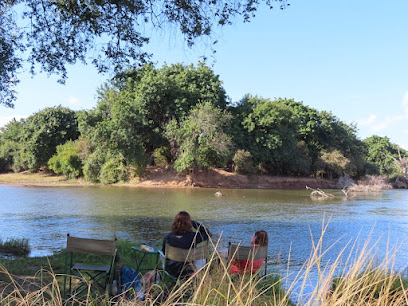
Essential places to dine
The Three Monkeys Restaurant & Bar, Victoria Falls
Discover culinary delights at The Three Monkeys Restaurant & Bar in Victoria Falls - where local flavors meet vibrant atmosphere.
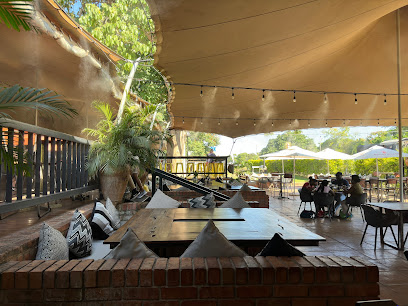
The Lookout Cafe - Wild Horizons
Experience exquisite dining with breathtaking views at The Lookout Cafe near Victoria Falls – a perfect blend of nature and culinary excellence.
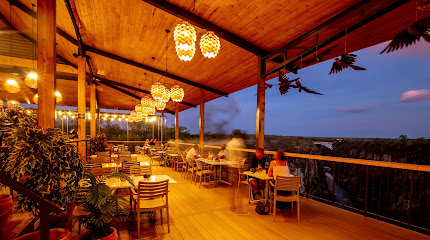
The Boma - Dinner & Drum Show
Experience authentic African culture through food and vibrant performances at The Boma - Dinner & Drum Show in Victoria Falls.
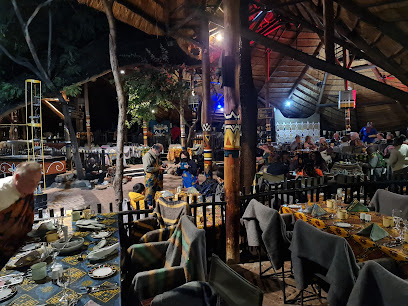
Paula's Place
Savor authentic Portuguese cuisine at Paula's Place in Harare - where every meal is a celebration of flavor and culture.
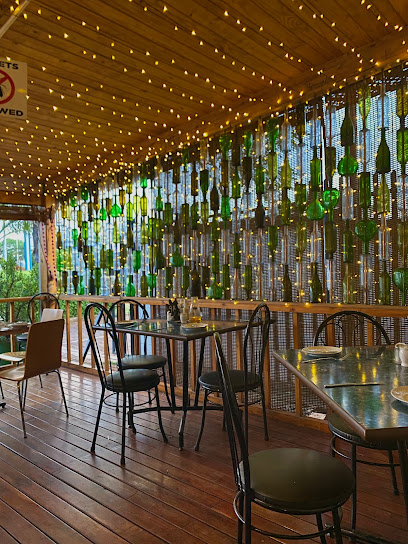
Organikks Ndizvo
Experience the best of organic dining at Organikks Ndizvo in Harare - where fresh ingredients meet delightful flavors.
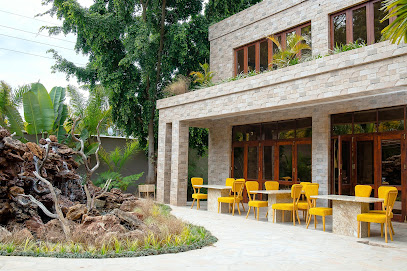
Ocean Basket Sam Levy
Discover the finest seafood at Ocean Basket Sam Levy in Harare - where Mediterranean flavors meet sushi delights.
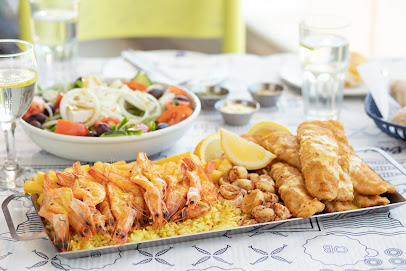
Dusty Road Township Experience
Experience authentic Zimbabwean culture through food at Dusty Road Township Experience in Victoria Falls.
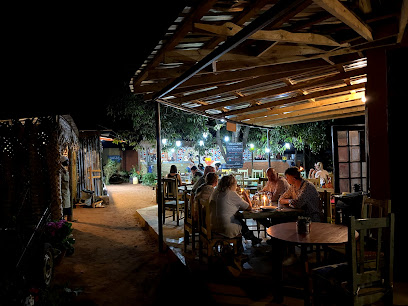
Zambezi House
Discover exquisite dining at Zambezi House in Victoria Falls – where local flavors meet stunning views and exceptional service.
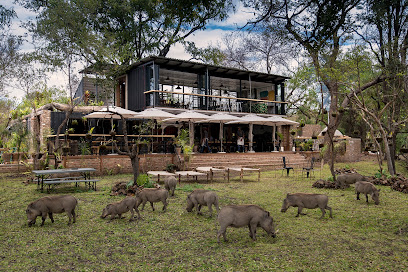
MaKuwa-Kuwa Restaurant
Experience exquisite dining at MaKuwa-Kuwa Restaurant with breathtaking views and a fusion of local flavors near Victoria Falls.
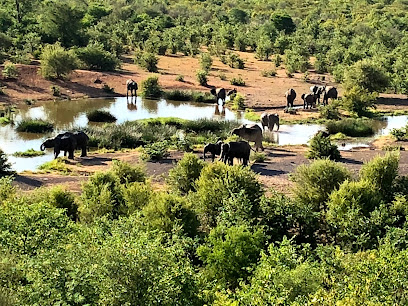
Marula
Discover the flavors of Zimbabwe at Marula Café - where every meal is an adventure in taste.
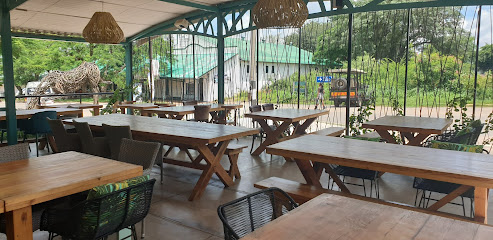
Jungle Junction Restaurant
Experience the unique flavors of Africa at Jungle Junction Restaurant in Victoria Falls - a culinary gem amidst breathtaking natural beauty.
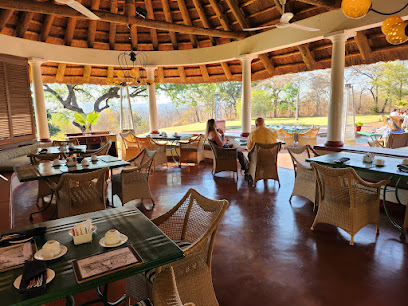
The Cassia Restaurant
Experience exquisite dining at The Cassia Restaurant in Victoria Falls, where local flavors meet international cuisine amid stunning views.
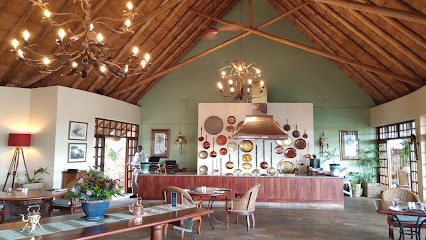
Nam Took
Experience authentic Thai cuisine at Nam Took in Victoria Falls - where every dish tells a story and flavors transport you to Thailand.
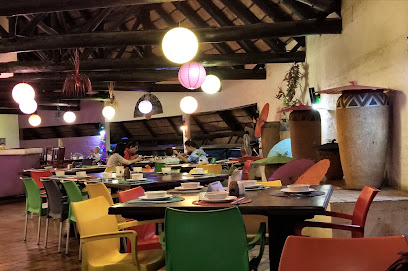
House Of Zulu
Savor authentic Zimbabwean cuisine and delicious pizzas at House Of Zulu in Victoria Falls – where every meal is a celebration of flavor.
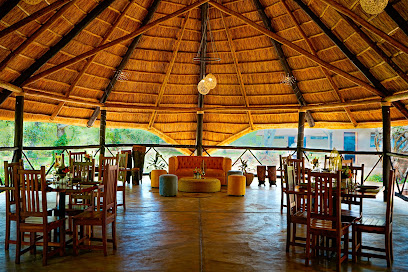
Nyota Zimbabwean Cuisine
Discover authentic Zimbabwean flavors at Nyota, where every dish tells a story of rich African heritage.
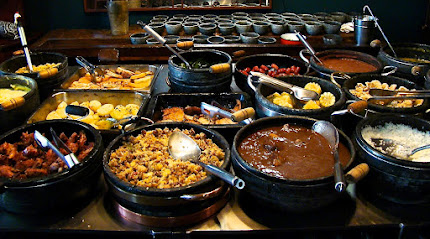
Markets, malls and hidden boutiques
TM Supermarket
Explore TM Supermarket in Kariba for a diverse range of groceries and local products, perfect for tourists looking to experience the flavors of Zimbabwe.
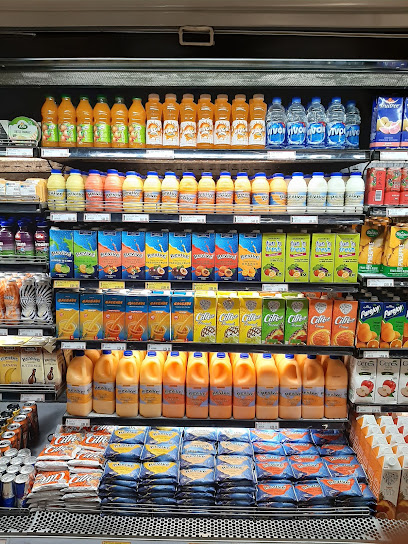
Mana Pools National Park
Explore the breathtaking wilderness of Mana Pools National Park in Zimbabwe, where wildlife encounters and natural beauty await every traveler.
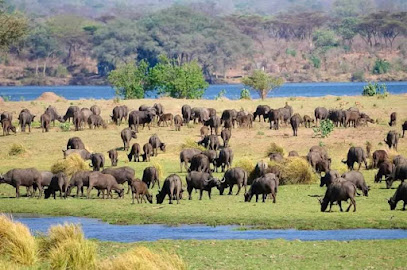
Chirundu Shops
Experience the heart of Zimbabwean culture at Chirundu Shops, where shopping meets tradition in a vibrant marketplace.
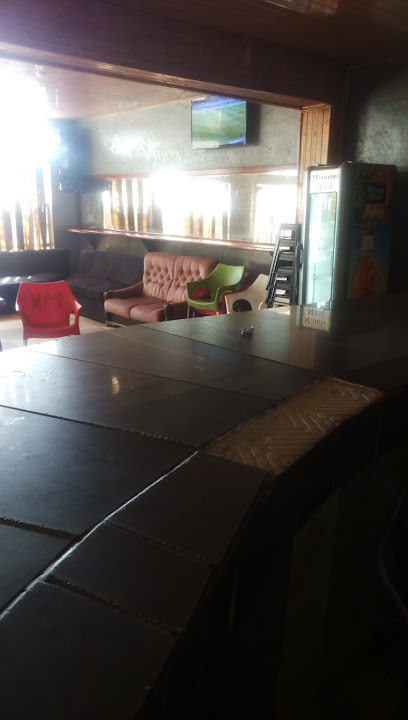
Boxdom Freight & Logistics
Discover Boxdom Freight & Logistics at Chirundu Border Post – your gateway to shopping and cultural experiences in Southern Africa.

Kanga Camp
Discover the magic of Kanga Camp in Mana Pools National Park, where luxury meets the wild for an unforgettable safari experience.

Nyamakate Jemedza
Discover local flavors and authentic products at Nyamakate Jemedza, the grocery store that captures the essence of Zimbabwean culture.
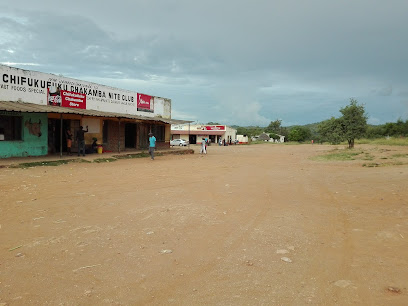
Kariba Stores
Kariba Stores: Your one-stop grocery haven in Zambia, offering a taste of local flavors and fresh produce for every adventurer.
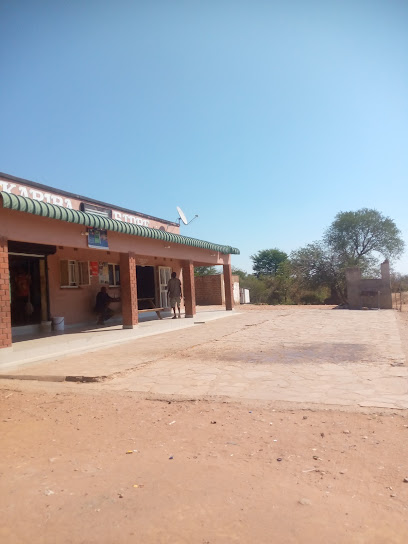
Fructose Treats
Discover the sweet side of Kariba at Fructose Treats, where fresh pastries and delightful flavors await every visitor.

Glitz & Glamour
Explore unique vintage finds at Glitz & Glamour Thrift Store in Kariba, where sustainability meets style in a delightful shopping experience.
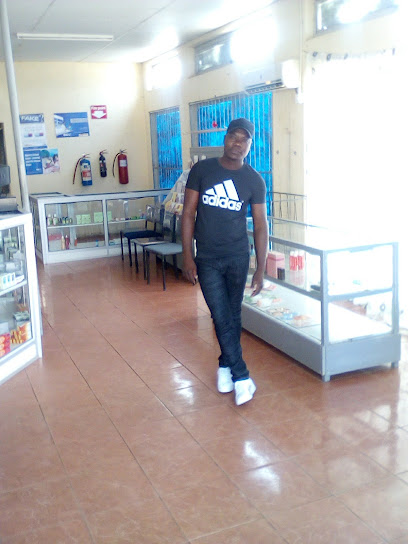
ZVIPANI BUSINESS CENTRE
Experience the vibrant shopping scene at Zvipani Business Centre, where local culture meets diverse retail options in Zimbabwe.

Huyo Shopping Centre
Experience the vibrant Huyo Shopping Centre, where shopping meets local culture in a delightful atmosphere. Perfect for tourists seeking unique finds.

PEP Zambia Chirundu Shopping Mall
Explore PEP Zambia Chirundu Shopping Mall for affordable fashion and stylish clothing for the entire family in a vibrant shopping atmosphere.
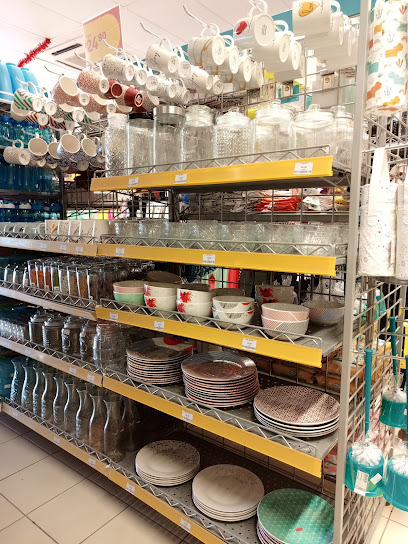
Joy Complex
Explore Joy Complex in Chirundu, Zambia: A vibrant general store offering local goods, cultural insights, and a unique shopping experience.
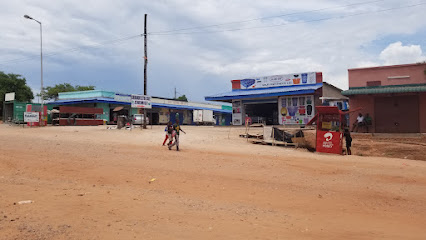
GREEN SHOP
Experience the vibrant culture of Zambia at the Green Shop in Chirundu, where local artistry meets unique shopping.

Towdah Connect
Explore Towdah Connect in Kariba for an array of quality stationery that captures the essence of Zimbabwean creativity and craftsmanship.

Essential bars & hidden hideouts
The Dome
Discover the charm of The Dome, a lakeside bar and restaurant in Kariba offering delicious food, refreshing drinks, and breathtaking views.
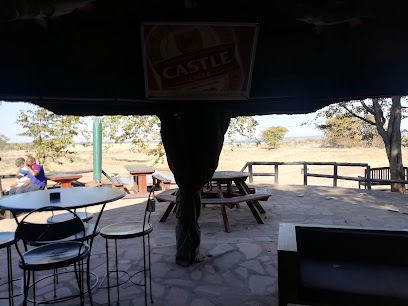
Mana Pools Tourist Reception
Explore Mana Pools National Park: A gateway to breathtaking wildlife, stunning landscapes, and unforgettable adventures.
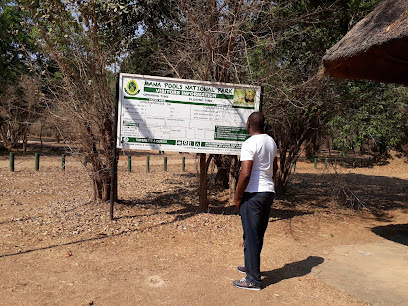
Makaz Pub And Grill
Discover the culinary delights of Zimbabwe at Makaz Pub And Grill, where local flavors meet a vibrant pub atmosphere.
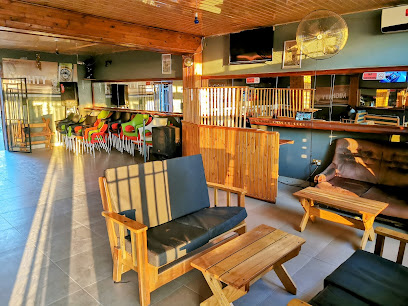
Lake Harvest Shop, Bar and Grill
Discover the charm of Lake Harvest Shop, Bar and Grill in Kariba, where stunning lake views meet delectable food and refreshing drinks.
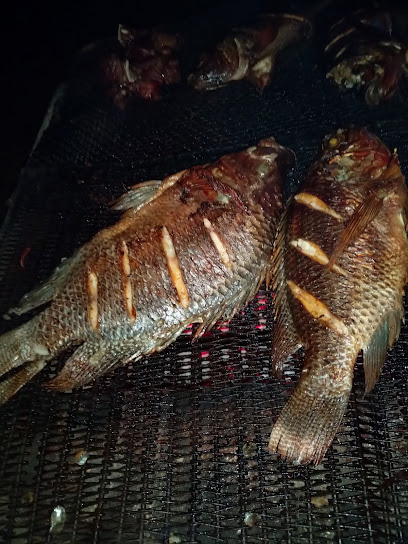
Nesango Leasure Bar.
Experience the perfect blend of relaxation and breathtaking views at Nesango Leisure Bar, your ultimate lakeside retreat in Kariba.
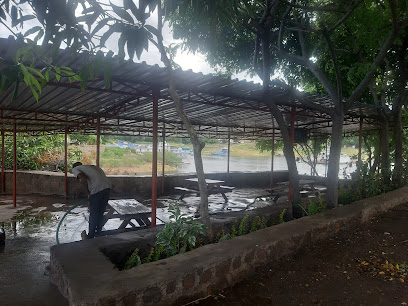
Lake Harvest Sports Club
Experience the vibrant atmosphere and stunning views at Lake Harvest Sports Club in Kariba, the perfect bar for relaxation and socializing.
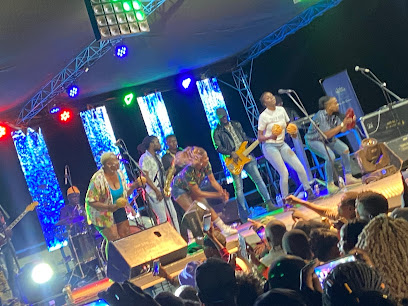
Ngulwa's Pub & Grill
Discover the lively atmosphere of Ngulwa's Pub & Grill in T2, Zambia, where local flavors and friendly vibes await you.
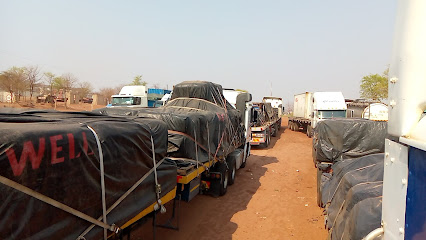
Kombe Pub and Grill
Experience the essence of Zambian hospitality at Kombe Pub and Grill, Chirundu's vibrant bar with delicious local cuisine and refreshing drinks.
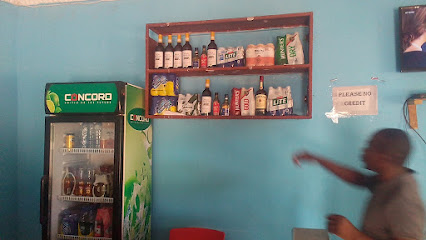
Moyo Nyaminyami Bar And Night Club
Discover the vibrant nightlife of Kariba at Moyo Nyaminyami Bar And Night Club, where local flavors and lively music create unforgettable nights.
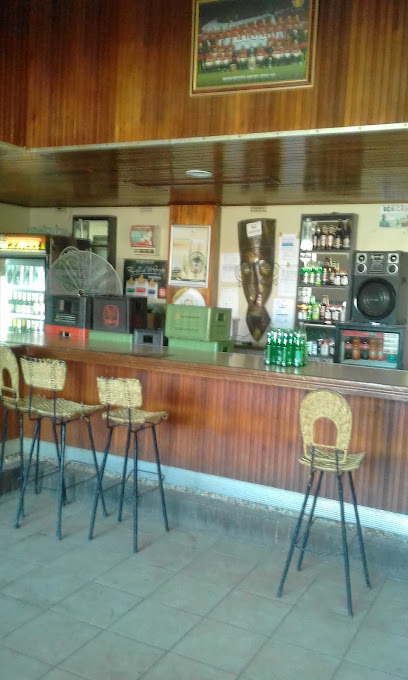
Sopranoz cocktail bar
Experience the vibrant nightlife at Sopranoz Cocktail Bar in Chirundu, featuring expertly crafted cocktails and a lively atmosphere perfect for relaxation.
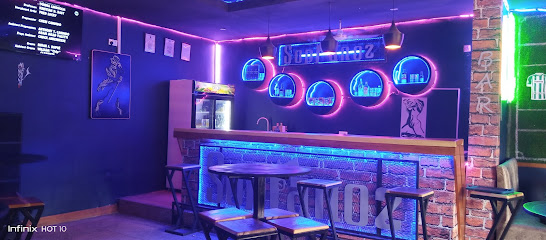
Sparrows Pub n Grill
Discover the cozy charm of Sparrows Pub n Grill in Chirundu, Zambia, where great food and drinks meet a welcoming atmosphere.
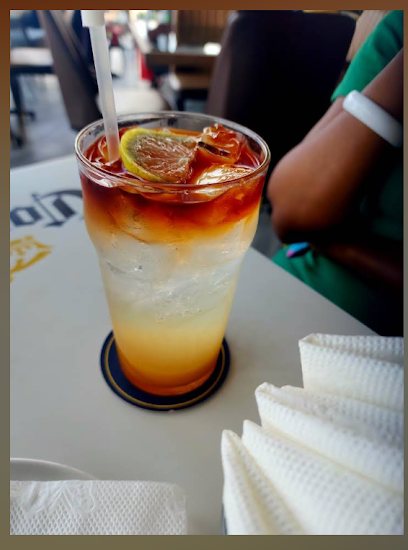
Comfort zone pub n bar
Discover Comfort Zone Pub n Bar, where vibrant nightlife meets local culture in the heart of Chirundu, Zambia.
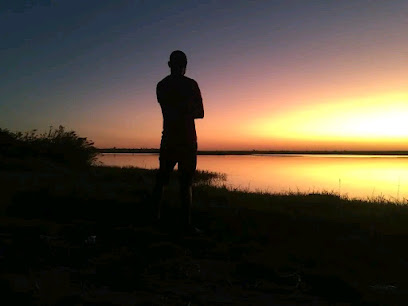
PMK Pub & Gril
Discover the lively ambiance of PMK Pub & Grill in Chirundu, Zambia, where great food and drinks meet a vibrant social scene.
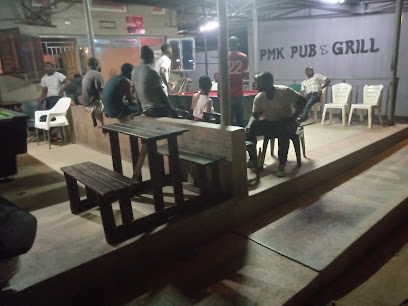
JA Restaurant, bottle store and truck stop
Discover the flavors of Zimbabwe at JA Restaurant & Truck Stop, the perfect fast-food oasis along your travel journey.
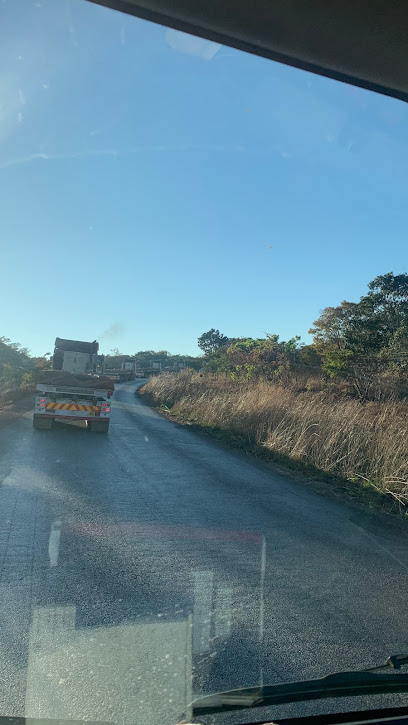
Local Phrases about Mana Pools National Park
-
- HelloMhoro
[M-ho-ro] - GoodbyeKwaheri
[Kwa-he-ri] - YesYebo
[Ye-bo] - NoAyikho
[A-yi-kho] - Please/You're welcomeNdinotenda
[N-di-no-ten-da] - Thank youNdinotenda
[N-di-no-ten-da] - Excuse me/SorryNdiripo
[N-di-ri-po] - How are you?Uri sei?
[U-ri-se-i?] - Fine. And you?Ndiri kunaka. Iwe?
[N-di-ri-ku-na-ka. I-we?] - Do you speak English?Unotsvaga zveEnglish here?
[U-not-sva-ga zve-English he-re?] - I don't understandHandizivi
[Han-di-zi-vi]
- HelloMhoro
-
- I'd like to see the menu, pleaseNdinoda kuona menu, musiye
[N-di-no-da ku-o-na me-nu, mu-si-ye] - I don't eat meatHandichemwi nyama
[Han-di-che-mwi nya-ma] - Cheers!Makadii!
[Ma-ka-di-i!] - I would like to pay, pleaseNdinoda kuibhadhara, musiye
[N-di-no-da ku-i-bha-dha-ra, mu-si-ye]
- I'd like to see the menu, pleaseNdinoda kuona menu, musiye
-
- Help!Tinotenda!
[Ti-no-ten-da!] - Go away!Sarai!
[Sa-ra-i!] - Call the Police!Bvisa mapurisa!
[B-vi-sa ma-pu-ri-sa!] - Call a doctor!Bvisa daktari!
[B-vi-sa dak-ta-ri!] - I'm lostNdiri kuparadza
[N-di-ri ku-pa-ra-dza] - I'm illNdiri kushaya hunhu
[N-di-ri ku-sha-ya hun-hu]
- Help!Tinotenda!
-
- I'd like to buy...Ndinoda kushandisa...
[N-di-no-da ku-shan-di-sa...] - I'm just lookingNdiripo ndiri kuona
[N-di-ri-po n-di-ri ku-o-na] - How much is it?Iri marii?
[I-ri ma-ri-i?] - That's too expensiveIri rine mari yakawanda
[I-ri ri-ne ma-ri ya-ka-wan-da] - Can you lower the price?Unogona kuberekera mari?
[U-no-go-na ku-be-re-ke-ra ma-ri?]
- I'd like to buy...Ndinoda kushandisa...
-
- What time is it?Saa ndiani?
[Sa-a n-di-a-ni?] - It's one o'clockSaa yechena
[Sa-a ye-che-na] - Half past (10)Kudhara kwe- (10)
[Ku-dha-ra kwe- (10)] - MorningManheru
[Ma-nhe-ru] - AfternoonMakuseni
[Ma-ku-se-ni] - EveningMugomo
[Mu-go-mo] - YesterdayNezuro
[Ne-zu-ro] - TodayNhasi
[N-ha-si] - TomorrowMangwana
[Man-gwa-na] - 1Muna
[Mu-na] - 2Kana
[Ka-na] - 3Gumi
[Gu-mi] - 4Ina
[I-na] - 5Masha
[Ma-sha] - 6Nhanhatu
[Nha-nha-tu] - 7Nhanhano
[Nha-nha-no] - 8Nhanhure
[Nha-nhu-re] - 9Kuwiri
[Ku-wi-ri] - 10Gumi
[Gu-mi]
- What time is it?Saa ndiani?
-
- Where's a/the...?Wepo...?
[We-po...?] - What's the address?Address yeku... ndiani?
[Address ye-ku... n-di-a-ni?] - Can you show me (on the map)?Unogona kundipa chero kwekutsika?
[U-no-go-na kun-di-pa che-ro kwe-kut-si-ka?] - When's the next (bus)?Zvichanakidza here (mupurisa)?
[Zvi-cha-na-ki-dza he-re (mu-pu-ri-sa)?] - A ticket (to ....)Ticket (kune ....)
[Ticket (ku-ne ....)]
- Where's a/the...?Wepo...?
History of Mana Pools National Park
-
Mana Pools National Park has evidence of human habitation dating back thousands of years. Archaeological finds, such as stone tools and ancient rock art, suggest that early hunter-gatherer societies thrived along the Zambezi River, taking advantage of the abundant wildlife and resources.
-
During the 15th and 16th centuries, the region that now encompasses Mana Pools was part of the powerful Mutapa Kingdom. This Shona-speaking empire controlled significant trade routes and was known for its gold mining and trading prowess. The Zambezi River was a crucial artery for commerce, linking the interior of Africa with coastal traders.
-
In the late 19th century, European explorers and colonial powers began to move into the region. Mana Pools, along with other parts of present-day Zimbabwe, fell under British colonial rule. The area was designated as a game reserve in the 1920s to protect its rich biodiversity from hunting and poaching.
-
In 1963, Mana Pools was officially designated as a national park. The park's establishment aimed to conserve its unique ecosystems, including the floodplains, woodlands, and riverine environments. The name 'Mana' is derived from a local Shona word meaning 'four', referring to the four large pools formed by the meandering Zambezi River.
-
Mana Pools National Park, along with the adjacent Sapi and Chewore Safari Areas, was inscribed as a UNESCO World Heritage Site in 1984. This recognition highlighted the park's exceptional natural beauty, ecological significance, and its role as a sanctuary for endangered species such as the African wild dog and the black rhinoceros.
-
In recent decades, Mana Pools has become a focal point for conservation initiatives. Organizations and governmental bodies work collaboratively to address challenges such as poaching, habitat destruction, and human-wildlife conflict. Efforts include anti-poaching patrols, community engagement programs, and sustainable tourism practices aimed at preserving the park's natural heritage.
-
Mana Pools holds cultural importance for the local communities, including the Shona and Tonga people. The Zambezi River and its surrounding landscapes are intertwined with local myths, traditions, and livelihoods. Community-based conservation projects aim to ensure that the benefits of tourism and wildlife conservation are shared with these communities, fostering a symbiotic relationship between people and nature.
Mana Pools National Park Essentials
-
Mana Pools National Park is located in northern Zimbabwe along the lower Zambezi River. The nearest international airport is Harare International Airport, about 400 kilometers away. From Harare, you can take a domestic flight to Kariba Airport, followed by a road transfer to the park. Alternatively, you can drive from Harare to Mana Pools, which takes approximately 7-8 hours. Make sure to use a 4x4 vehicle as the roads can be challenging, especially during the rainy season.
-
Within Mana Pools National Park, the primary mode of transportation is by 4x4 vehicle due to the rugged terrain. Guided game drives and walking safaris are popular options for exploring the park. It's advisable to book these activities through reputable safari operators. Self-driving is possible, but ensure you have a reliable vehicle and are well-prepared for remote travel. Boat safaris on the Zambezi River are also available, offering a unique perspective on the park's wildlife.
-
The official currency in Zimbabwe is the Zimbabwean Dollar (ZWL), but the US Dollar (USD) is widely accepted in tourist areas, including Mana Pools National Park. Credit cards are accepted in some lodges and camps, but it's advisable to carry cash for park fees, tips, and other expenses. ATMs are scarce in the park, so ensure you withdraw sufficient cash in Harare or Kariba before your visit.
-
Mana Pools National Park is generally safe for tourists, but standard precautions should be taken. Always follow the guidance of park rangers and guides, especially when it comes to wildlife encounters. Avoid walking alone at night and keep your campsite secure to deter wildlife. While crime rates are low within the park, be cautious and avoid displaying valuables. For any issues, contact the nearest ranger station or lodge manager.
-
In case of emergency, contact the nearest park ranger station or lodge. The Zimbabwe Parks and Wildlife Management Authority operates ranger stations within the park, which can assist with medical and security emergencies. Ensure you have comprehensive travel insurance that covers medical evacuation. For minor health issues, carry a well-stocked first aid kit and basic medications. In severe cases, evacuation to Harare for medical treatment may be necessary.
-
Fashion: Do wear neutral-colored clothing suitable for safari, such as khaki, green, and brown. Avoid bright colors that can attract wildlife. Religion: Do respect local customs and traditions. Although the park is a secular area, modest behavior is appreciated. Public Transport: Do be prepared for long journeys if using public transport to reach the park. Don't rely on public transport within the park; guided tours or self-driving are better options. Greetings: Do greet people politely; a simple 'Hello' or 'Good day' is sufficient. Eating & Drinking: Do try local foods if offered at camps or lodges. Don't drink water from rivers or lakes; always use bottled or purified water.
-
To experience Mana Pools National Park like a local, consider participating in a walking safari, which allows for a more intimate wildlife experience. Engage with local guides and rangers who can share their extensive knowledge about the park's ecosystem and history. Visit the park during the dry season (May to October) for the best wildlife viewing opportunities. Don't miss a sunset boat cruise on the Zambezi River, which offers stunning views and excellent birdwatching.
Nearby Cities to Mana Pools National Park
-
Things To Do in Lusaka
-
Things To Do in Chinhoyi
-
Things To Do in Kabwe
-
Things To Do in Harare
-
Things To Do in Ndola
-
Things To Do in Kitwe
-
Things To Do in Gweru
-
Things To Do in Hwange
-
Things To Do in Chipata
-
Things To Do in Nyanga
-
Things To Do in Livingstone
-
Things To Do in Victoria Falls
-
Things To Do in Mutare
-
Things To Do in Masvingo
-
Things To Do in Kasane









